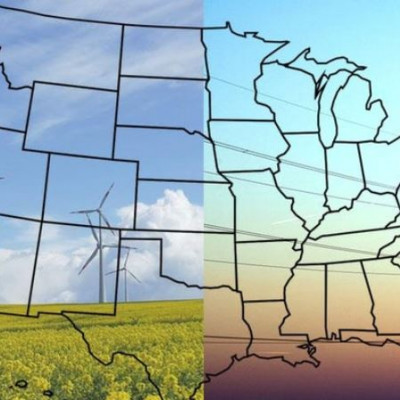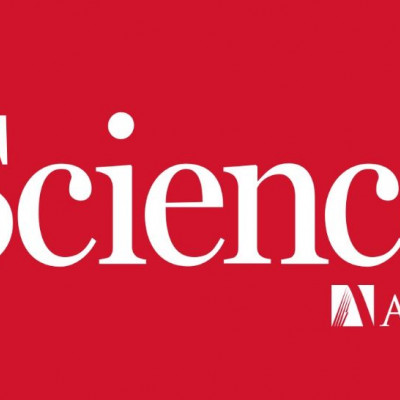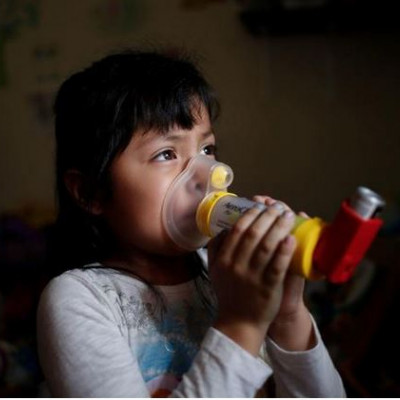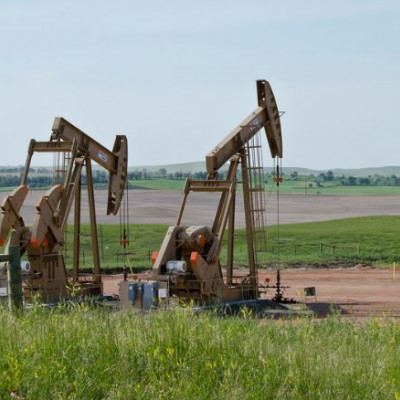August 31, 2017
August 2017 at Policy Integrity:
- 9/26 Conference on State Energy/Climate Action
- Experts Challenge Trump on Cost of Carbon
- In the News: Latino Asthma, New Court Rulings
- EPA Delays Methane Rule
- Federal Agency Accountability
- Staff Spotlight: Sylwia Bialek
-
RSVP: Sept. 26 Conference on State Energy and Climate Action
RSVP now for our annual conference, which will focus on how states are developing innovative climate and energy strategies and using both litigation and policy to create cleaner, more resilient energy systems. Speakers will include the attorneys general of New York, Maryland, and Illinois, along with many prominent policymakers and energy regulators from around the country. CLE credit will be available.
-
Experts Challenge Trump’s Claims on Social Cost of Carbon
Despite the Trump administration’s decision to withdraw the official estimate of the Social Cost of Carbon and disband the interagency working group that developed it, a group of prominent economists and lawyers, including several Policy Integrity staff members, have highlighted the metric’s continued validity for policymaking. In a letter published in the journal Science, the group takes on key criticisms surrounding the metric, which quantifies the economic costs of carbon dioxide emissions and is used when assessing the costs and benefits of regulations. The letter encourages both government and private-sector analysts to continue using the interagency working group’s Social Cost of Carbon estimate.
-
In the News: Latinos, Asthma, and Trump; Federal Agencies Cannot Ignore Climate Impacts
In a new Los Angeles Times op-ed, Richard Revesz and Ignacia Moreno explain how Latinos are disproportionately affected by asthma, and how the Trump administrations’s policies are making things worse. By undermining efforts to improve air quality for Americans, the administration is creating additional health risks. And by attempting to weaken healthcare laws and adopting aggressive deportation policies, it is making it harder for many Latinos to receive needed medical care.
In the Washington Post and ProPublica, Richard Revesz analyzed the impact of two August court rulings, which held that federal agencies must consider climate change impacts in their policy decisions. The U.S. Court of Appeals for the D.C. Circuit ruled that the Federal Energy Regulatory Commission must consider downstream greenhouse gas emissions associated with pipeline approval, while the U.S. District Court for the District of Montana halted the expansion of the largest proposed underground coal mine in the country, in part because the federal Office of Surface Mining failed to quantify climate impacts. In the Denver Post, Jason Schwartz clarified the problematic economic issues surrounding the Forest Service’s proposed expansion of Colorado’s West Elk Coal Mine.
-
EPA Delays Methane Rule
EPA is currently reconsidering a 2016 rule to decrease methane and volatile organic compound emissions from new, modified, and reconstructed sources in the oil and natural gas sector. After the U.S. Court of Appeals for the D.C. Circuit rejected an earlier attempt to stay the rule, EPA is seeking another two-year delay while the agency decides whether and how to revise those requirements. Our comments to the agency argue that both attempts at delay are unlawful. EPA failed to cite statutes that authorize it to delay the rule and failed to give a reasoned justification for the delay, arbitrarily calculating the avoided compliance costs of the stay without considering the health and environmental benefits that would be forgone.
-
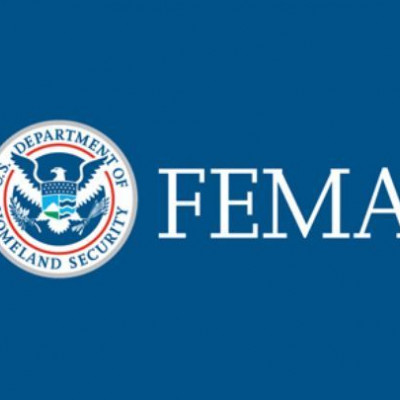
Comments to Federal Agencies on Transparency and Accountability
Many federal agencies are continuing to seek suggestions for regulations to repeal or reform. This month, we filed comments with the Federal Emergency Management Agency, the State Department, the Department of Justice, the Farm Credit Association, and the Department of the Interior to argue that this regulatory review should consider the public benefits of regulation, not just the costs to regulated industries, and propose a better method for reviewing the success of regulations going forward. Additionally, FEMA proposed changes to its system for considering public petitions for rulemaking, and we suggested improvements that would make submitting and tracking the status of petitions easier.
Separately, in public comments to the Occupational Safety and Health Administration, we highlight some critical problems with the agency’s cost-benefit analysis in its proposed revocation of standards to protect workers from exposure to beryllium.
-
Staff Spotlight: Sylwia Bialek
Sylwia Bialek is Policy Integrity’s newest Economic Fellow. Her microeconomics research focuses on environment, natural resources, and energy markets, with particular emphasis on welfare analysis. She also studies the foreign direct investment behavior of multinational corporations. Her work includes both theoretical modelling and empirical testing. She holds a Ph.D. in economics (summa cum laude) from Goethe University in Frankfurt, Germany. She received her MSc in International Relations and MSc in Finance and Banking from the Warsaw School of Economics in Warsaw, Poland.

